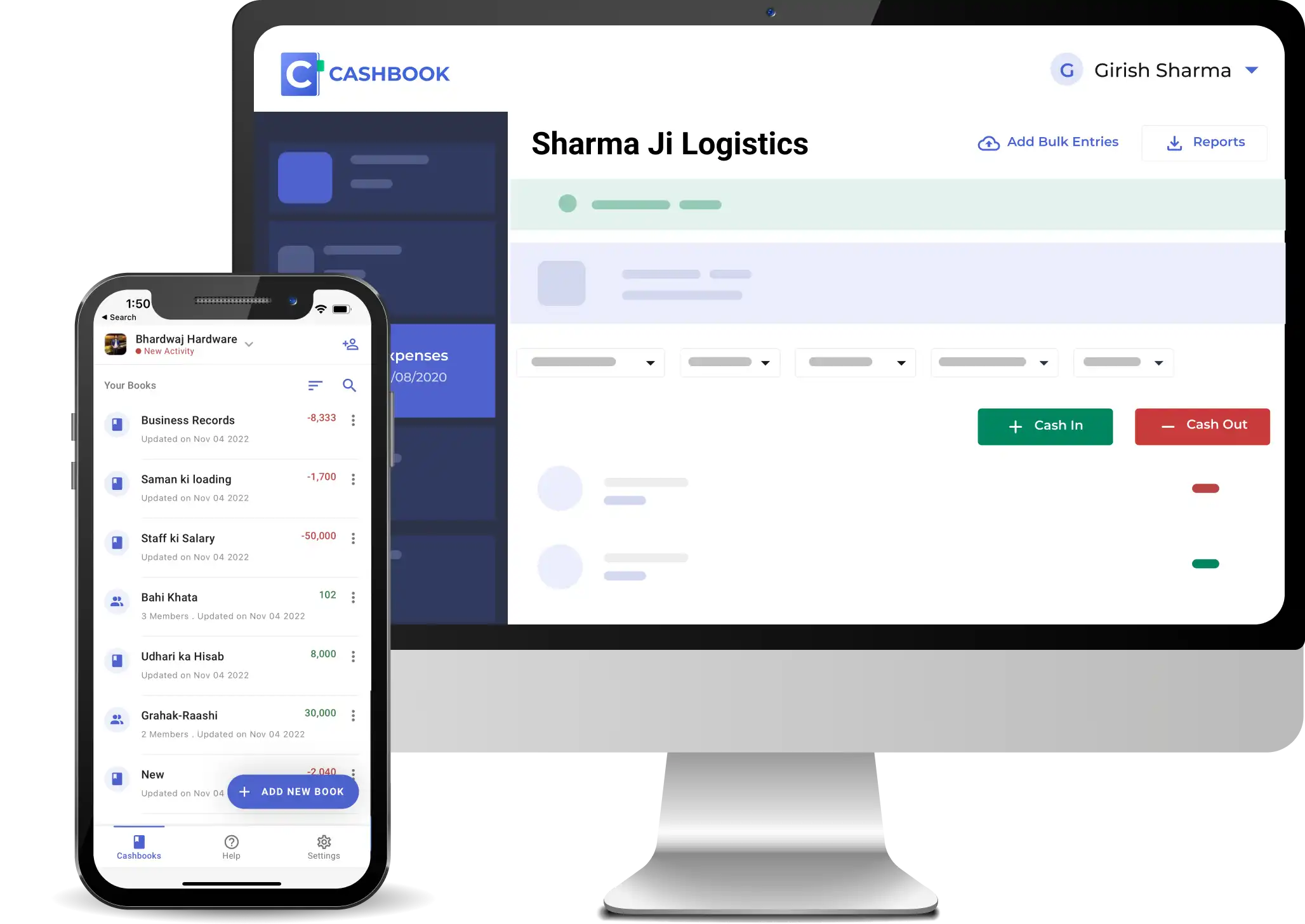When it comes to starting and growing a business, funding is essential. Both manufacturers and service providers need financial assistance to meet their working capital and long-term asset purchase needs. One way to do this is by obtaining an unsecured business loan, which does not require collateral. This is particularly beneficial for small businesses or those just starting out.
In India, there are many options for obtaining easy credit, but borrowers should be cautious and thoroughly research their options before applying for an unsecured business loan.
Here are the 6 Factors to Consider Before Applying for an Unsecured Business Loan:
1. Verify the Lender's Credibility:
Before applying for an unsecured business loan, it is crucial to research and evaluate the credibility of potential lenders. This can be done by checking the lender's website, physical address, market reputation, and customer service. Borrowers can also gather information by reading online reviews and looking at industry awards or ratings.
2. Compare Loan Amounts Offered:
Another important step is to compare the loan amounts offered by different lenders. Lenders take various factors into account when evaluating an unsecured loan application, such as creditworthiness, business vintage, turnover, existing obligations, and cash flow. Borrowers should choose a lender that offers a high loan amount to efficiently manage their business and purchase inventory, expand, upgrade technology and equipment, and hire new employees.
3. Check the Interest Rate:
Entrepreneurs should aim to apply for the required loan amount at the lowest possible interest rate. The interest rate is determined by the borrower's creditworthiness and other factors such as the loan's purpose and amount, business profitability, net income, type of business, and operational year. Borrowers with a high credit score can negotiate with lenders for better terms, while those with a low credit score should work on improving it before applying for a loan.
4. Loan Tenor:
When applying for an unsecured business loan, it is important to choose a lender that offers a flexible repayment tenor. This will allow borrowers to select Equated Monthly Instalments (EMI) that they can afford, without putting a strain on their disposable income. Borrowers can use online loan EMI calculators to determine a suitable tenor by adjusting the interest rate, principal amount, and tenor according to their financial capabilities.
5. Application Process and Sanction Time:
Borrowers should also look for a lender that has easy-to-meet eligibility criteria and a simple documentation process. Many lenders now offer online loan applications, which can simplify the process and speed up loan approval. Invoice financing is one type of unsecured business loan that can be obtained quickly and efficiently manage working capital needs.
Additional Charges: Prospective borrowers should also compare the additional costs of taking an unsecured business loan, such as processing fees, penalty charges for missed EMIs, and foreclosure charges. It is also important to be aware of any hidden charges, such as establishment fees, direct debit fees, and insurance costs.
6. Invoice Financing:
Invoice financing is a type of unsecured business loan in which businesses can get advances against unpaid invoices from their customers. This can help businesses cover short-term liquidity crises and manage working capital needs. Invoice financing comes in two forms: Invoice Factoring and Invoice Discounting. Invoice Factoring involves selling unpaid invoices to a third-party factoring company, while Invoice Discounting is a confidential process.
In a nutshell, Capital is essential for any business to operate smoothly and expand. Unsecured business loans can help businesses meet their financial needs, but borrowers must carefully consider the loan amount, interest rate, additional charges, and processing time to secure the best loan. Borrowers should choose a lender that aligns with their requirements and expectations before making a decision.
Also Read > 5 Common Mistakes to Avoid in Small Business Cash Accounting






